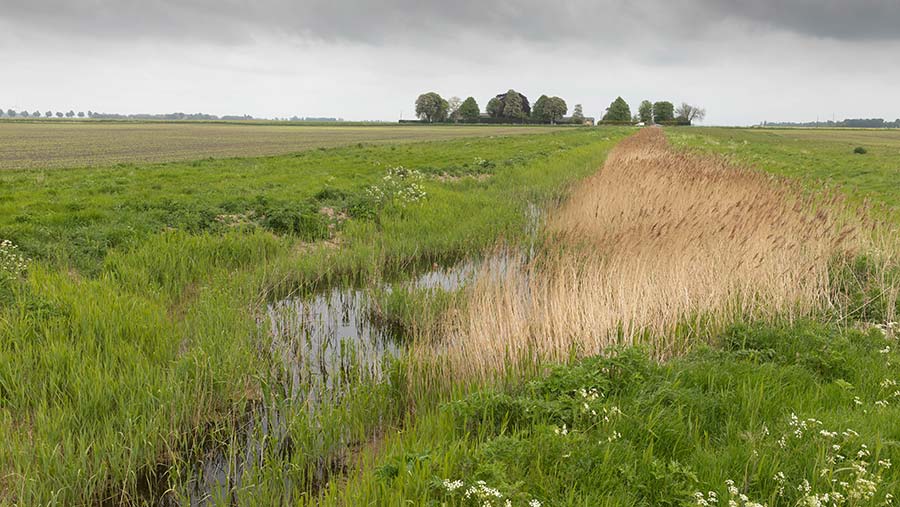Defra aims to attract 2,000 to CS Higher Tier by 2026
 © Tim Scrivener
© Tim Scrivener Defra is hoping to attract up to 2,000 farmers in England into Higher Tier Countryside Stewardship (CS) agreements over the next couple of years, Farmers Weekly has learned.
In 2023, for agreements starting on 1 January 2024, it took forward 995 Higher Tier agri-environment, woodland and mixed (agri-environment and forestry) agreements.
Defra committed to doubling this number by the end of 2025 to 2026 in the latest announcement on its Environmental Land Management (ELM) programme.
See also: Sustainable Farming Incentive 2024: What farmers need to know
To support this ambition, Defra will encourage and support applications for smaller areas of our most precious habitats.
In future, it wants to see more applications of this type to protect and bring as many diverse and distinct habitats into favourable management.
Unlike last year, when the CS Higher Tier scheme opened for applications in February, this year it will open for applications in the summer.
Defra plans to merge the CS Mid Tier and Sustainable Farming Incentive (SFI) scheme into a single application service online, also starting this summer.
Farmers and landowners who wish to apply for the Higher Tier scheme will be required to submit their online applications separately.
Rolling window
The CS Higher Tier scheme, like CS Mid Tier and the SFI, will operate with a rolling application window and farmers will not have to wait until 1 January for their agreements to go live.
Claire Robinson, NFU senior countryside adviser, said: “The rolling window for CS Higher Tier might work to farmers’ advantage, especially if Defra can get the first schemes started in the autumn.
“I imagine there will be a phased rollout, similar to the cautious approach Defra took with the SFI last year.
“The first focus will be on getting the scheme up and running. The deliverability is what matters.”
Ms Robinson expects a change in focus in the application process for CS Higher Tier.
Instead of Natural England advisers helping farmers to fill in the whole application, they will provide advice and support, especially for sites of special scientific interest, with the onus on farmers to submit their application.
Defra will need to communicate effectively with farmers and provide more details about how and when to apply for the schemes, including who is eligible, she added.
